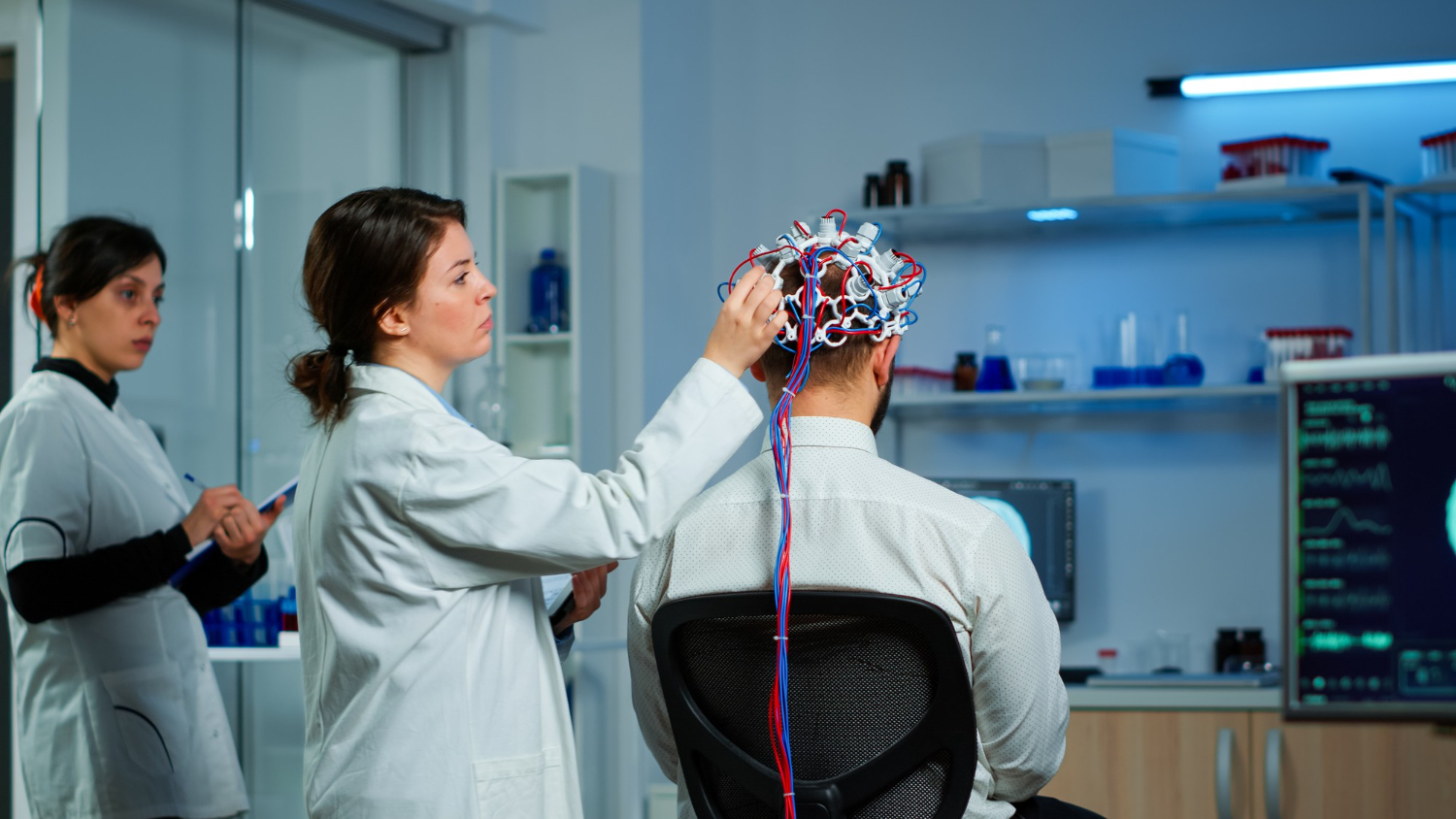
A research team at University College London has successfully mapped the complete neural pathway involved in forming complex episodic memories, providing unprecedented insight into how the human brain encodes experiences.
Using a combination of functional MRI, electroencephalography (EEG), and a new technique called temporal pathway tracing, the scientists tracked how information flows through different brain regions during memory formation and retrieval.
“We’ve known for decades which brain regions are involved in memory, but this is the first time we’ve been able to see the entire process in action, from perception to encoding to storage,” explained Dr. Maya Johnson, lead author of the study published in Science.
The research reveals that memory formation involves at least 18 distinct brain regions working in a coordinated sequence, with different types of information (visual, emotional, contextual) processed in parallel before being integrated into a cohesive memory trace.
The findings have immediate applications for understanding memory disorders and could lead to more effective treatments for conditions like Alzheimer’s disease and post-traumatic stress disorder. The research team is already using their mapping techniques to study how these pathways differ in patients with memory impairments. “This gives us a new framework for understanding what goes wrong in memory disorders,” said Dr. Johnson. “Rather than just knowing which regions show abnormalities, we can now identify precisely where in the process the problems occur.”







